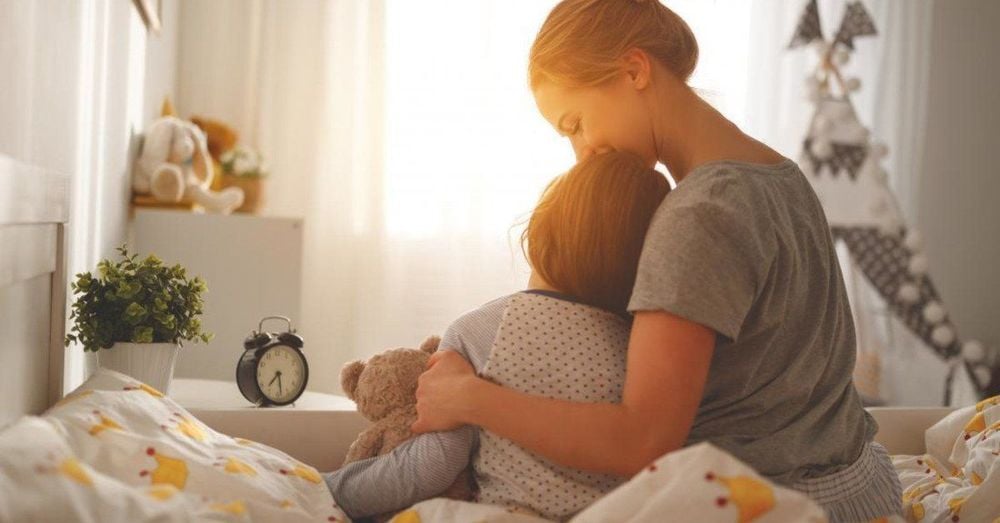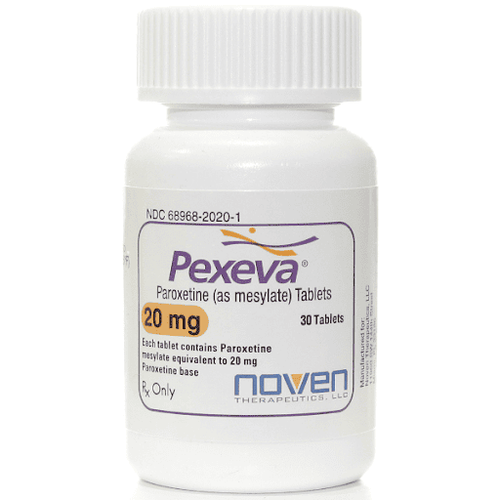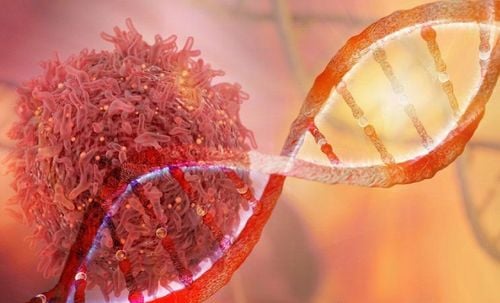This is an automatically translated article.
According to many research results, anxiety is influenced by many factors, including environmental factors and genetics. In case of persistent anxiety affecting daily activities, you should see a doctor for early treatment.
1. Is anxiety genetic?
What causes anxiety is not well defined by researchers. According to the American Institute of Health and Psychiatry, each anxiety disorder (a consequence of long-term anxiety) has its own triggers, among which the most common are:
Living in misery, sadness Having a medical condition worrisome such as a thyroid disorder Having a close relative with an anxiety disorder or other mental illness In other words, an anxiety disorder can be caused by both genetics and environmental factors.
The link between anxiety and heritability has been studied for decades, some of which have the following conclusions:
In 2002, a study concluded that several chromosomal traits are involved to phobias and panic disorders. In 2015, a study found that the RBFOX1 gene, known as the anxiety gene, may increase the risk of an anxiety disorder. In 2016, a study showed that social anxiety disorder, panic disorder are linked to specific genes. In 2017, a study concluded that generalized anxiety disorder (GAD) can be hereditary. Most researchers assume that anxiety is genetic but can also be influenced by environmental factors. In other words, you may experience anxiety if no one in your family has the disease. More research is still needed to elucidate.
MORE: 4 exercises to help reduce anxiety

Giải đáp lo lắng có di truyền không?
2. What are the symptoms of an anxiety disorder?
Personal anxiety is a feeling, not a mental illness, but there are many conditions that are classified as anxiety disorders, including:
Generalized anxiety disorder (GAD): Chronic anxiety about normal everyday experiences and situations Panic disorder: Frequent, recurring panic attacks Phophobia: Intense fear of a particular object or situation Social anxiety disorder: Fear intense fear and anxiety about social situations Separation anxiety disorder: Intense fear of losing the people you love or important people in your life. According to the American Psychiatric Association, there are other mental health conditions in which anxiety acts as a symptom, for example:
Obsessive-compulsive disorder (OCD) Post-traumatic stress disorder Traumatic Disorder (PTSD) Acute Stress Disorder Adjustment Disorder Anxiety is a feeling of worry or fear. While most people experience anxiety for a period of time, with little or no effect on their physical and mental health, some people develop anxiety disorders. This condition is often associated with overwhelming, debilitating feelings of anxiety, even from factors that would not normally cause anxiety.
Symptoms of anxiety disorders are different depending on the type of anxiety disorder you have. In general, symptoms of an anxiety disorder include:
Excessive worry High frequency anxiety Difficulty concentrating Memory problems Irritability Tossing to sleep Muscle tension
3. How is anxiety diagnosed?
To diagnose an anxiety disorder, psychiatrists and psychologists will ask you about your thoughts, feelings, behaviors, and symptoms, and compare your symptoms with other symptoms. The symptoms are listed in the Diagnostic and Statistical Manual of Mental Disorders (DSM-5).
4. How to treat anxiety?
4.1. Therapy
Using therapies can give you useful tools and insights to explore your own feelings and ease your own experiences.
One of the most common treatments for anxiety is cognitive behavioral therapy (CBT), which involves talking with a psychologist about your experiences. Through CBT, you will learn to notice and change thought and behavior patterns. About 75% of people who try the therapy find it helpful.

Tập thể dục nhiều hơn có thể giúp bạn kiểm soát lo lắng
4.2. Medicine
Anxiety can also be treated with prescription drugs. There are many types of anxiety medications, each with its own benefits and limitations. Medication is not always necessary for anxiety, but it can be helpful to ease some symptoms of anxiety.
4.3. Life style
Some lifestyle changes can also help you manage anxiety including:
Exercise more Reduce caffeine consumption Avoid drugs and alcohol Eat a balanced diet Get enough sleep Use techniques relaxation like yoga and meditation Manage your time to reduce stress Increase socialization and share your feelings of anxiety with the people you care about Keep a journal as a way to express and understand your own feelings Be See your doctor or therapist if you feel unmanageable anxiety or if it interferes with activities of daily living.
Please dial HOTLINE for more information or register for an appointment HERE. Download MyVinmec app to make appointments faster and to manage your bookings easily.
Reference source: healthline.com













